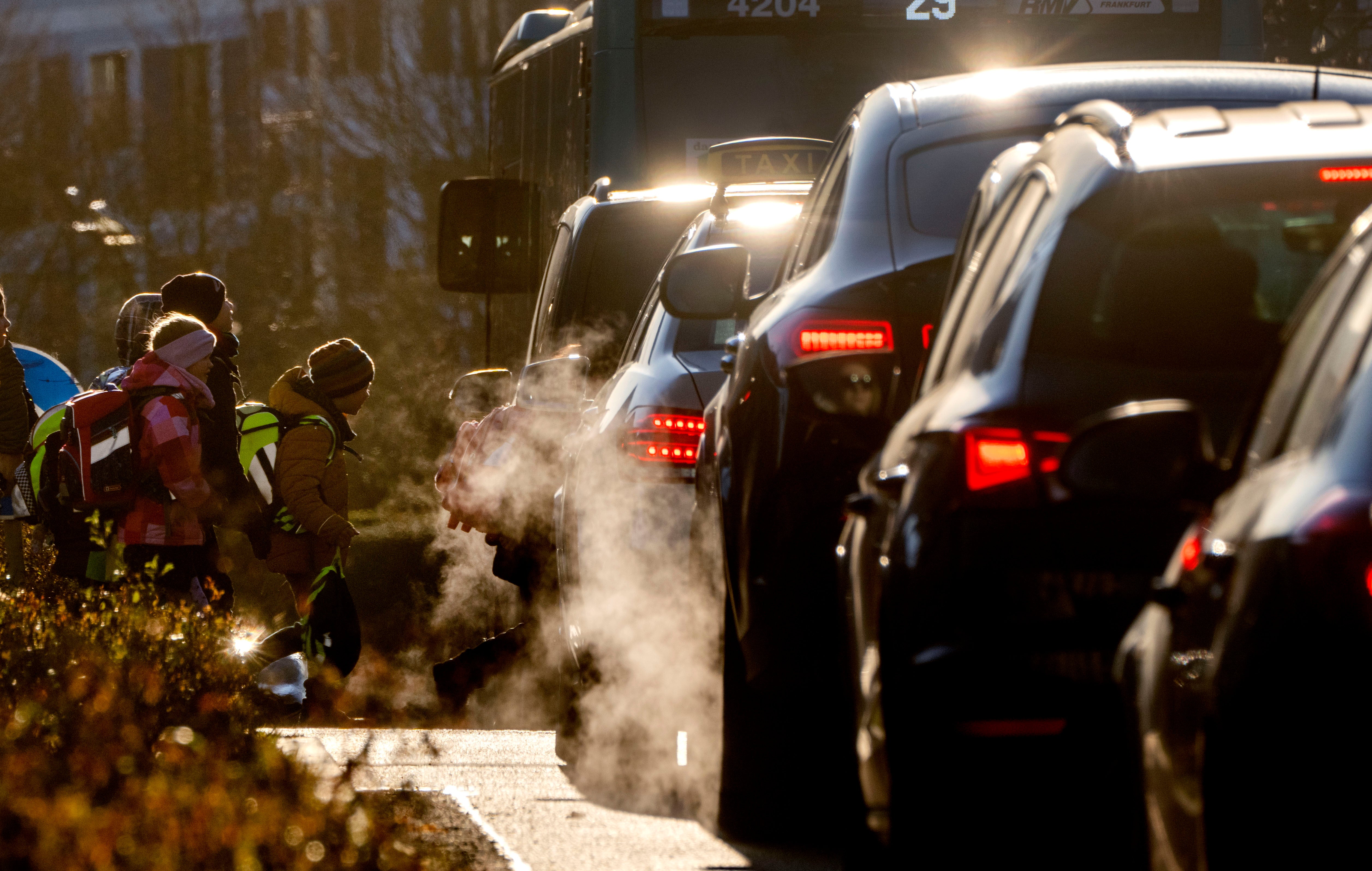EU's zero-emission goal remains elusive as new report says cars emit same CO2 levels as 12 years ago
Most passenger cars in the European Union still emit the same quantity of carbon dioxide as 12 years ago

Your support helps us to tell the story
From reproductive rights to climate change to Big Tech, The Independent is on the ground when the story is developing. Whether it's investigating the financials of Elon Musk's pro-Trump PAC or producing our latest documentary, 'The A Word', which shines a light on the American women fighting for reproductive rights, we know how important it is to parse out the facts from the messaging.
At such a critical moment in US history, we need reporters on the ground. Your donation allows us to keep sending journalists to speak to both sides of the story.
The Independent is trusted by Americans across the entire political spectrum. And unlike many other quality news outlets, we choose not to lock Americans out of our reporting and analysis with paywalls. We believe quality journalism should be available to everyone, paid for by those who can afford it.
Your support makes all the difference.Most passenger cars in the European Union still emit the same quantity of carbon dioxide as 12 years ago, the European Union’s auditing agency warned on Wednesday.
The European Court of Auditors said the 27-nation bloc must “shift up gear” to come close to a zero-emissions car fleet, with electric vehicles playing a crucial role.
“The EU’s green revolution can only happen if there are far fewer polluting vehicles, but the challenge is huge”, said Pietro Russo, the ECA member who led the audit. “A true and tangible reduction in cars’ CO2 emissions will not occur as long as the combustion engine prevails, but at the same time, electrifying the EU’s car fleet is a major undertaking.”
According to the auditors' report, real emissions from conventional cars, which still account for nearly three-quarters of new vehicle registrations, have not dropped.
“Over the last decade, emissions have remained constant for diesel cars, while they have marginally decreased (-4.6 %) for petrol cars,” the auditors said in a statement. “Technological progress in terms of engine efficiency is outweighed by increased vehicle mass (about +10 % on average) and more powerful engines (+25 % on average).”
The EU aims to reach a zero-emissions target for new passenger cars by 2035.
According to the audit body, carbon dioxide from the transport sector has continued to grow over the past 30 years. In 2021, it accounted for 23% of the EU’s total greenhouse gas emissions, with passenger cars responsible for more than half of it.
“Only electric vehicles (which jumped from 1 in every 100 new car registrations in 2018 to almost 1 in 7 in 2022) have driven the reduction in average on-the-road CO2 emissions witnessed in recent years,” the auditors' statement said.
Carbon dioxide is released when fossil fuels are burned to power cars, planes, homes and factories. When the gas enters the atmosphere, it traps heat and contributes to climate warming.